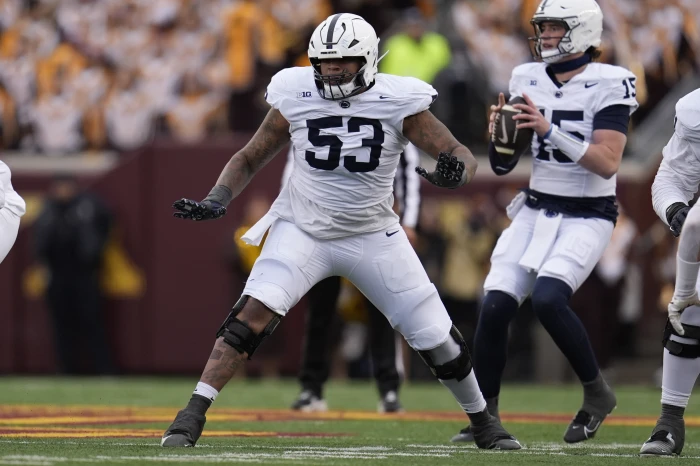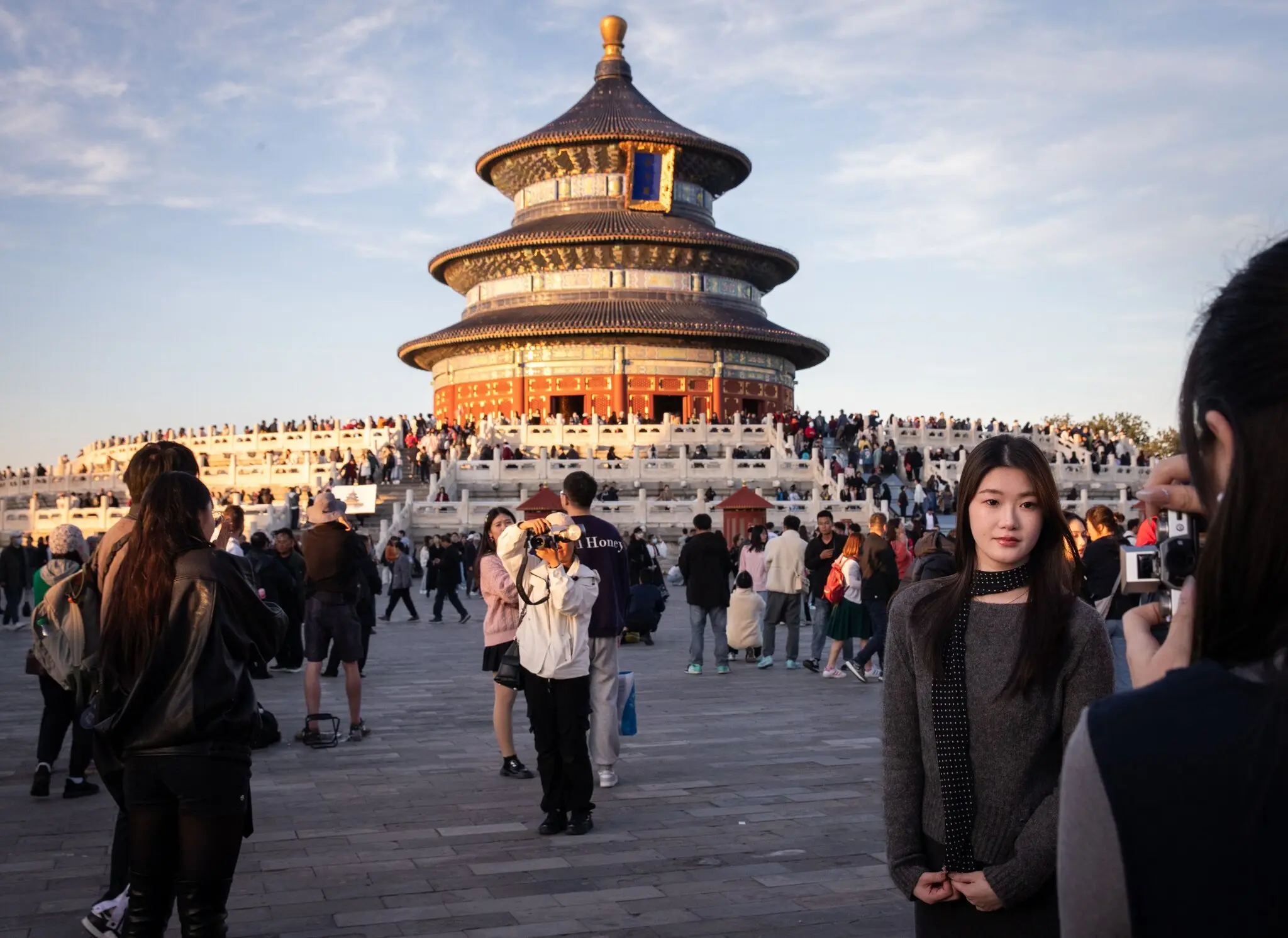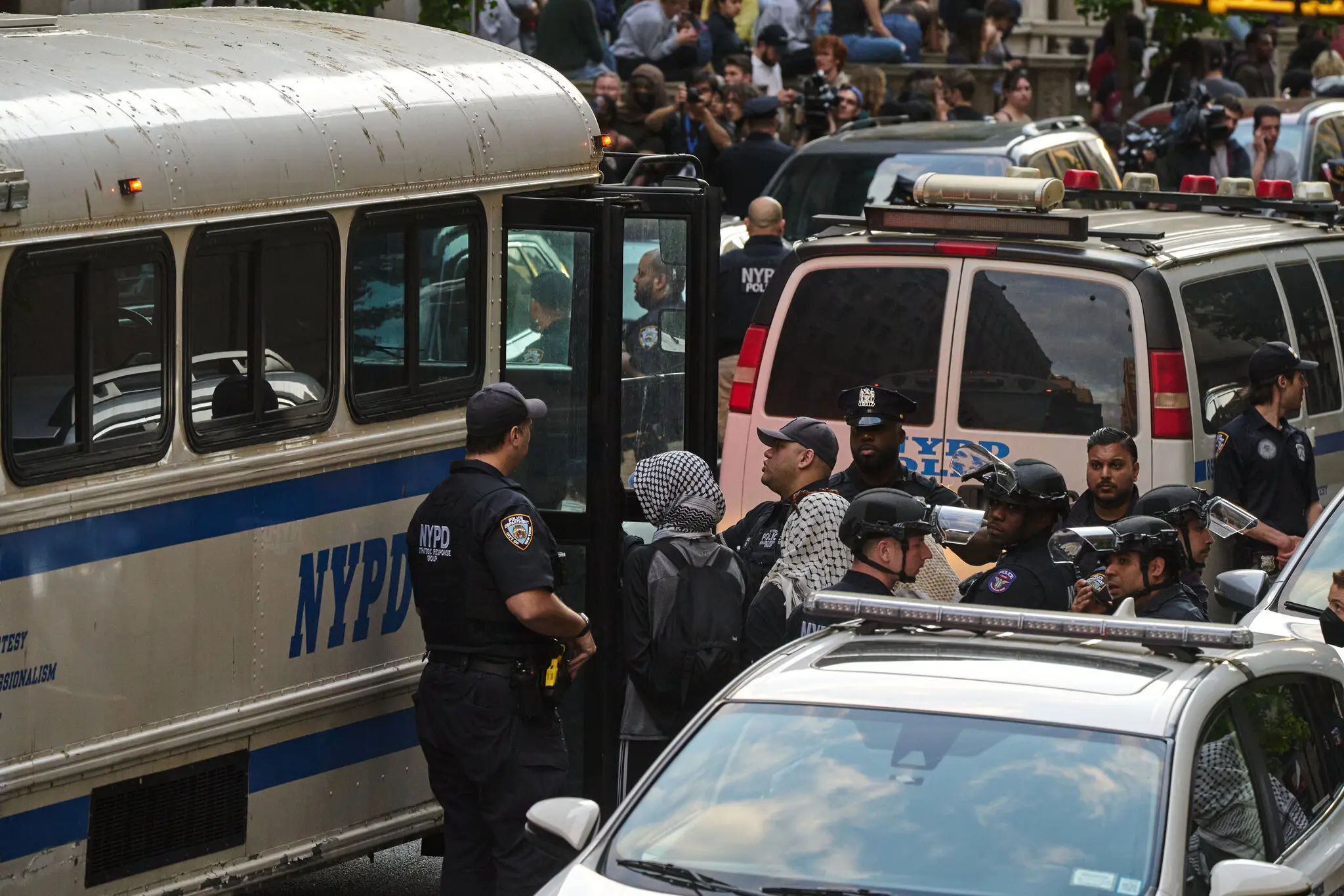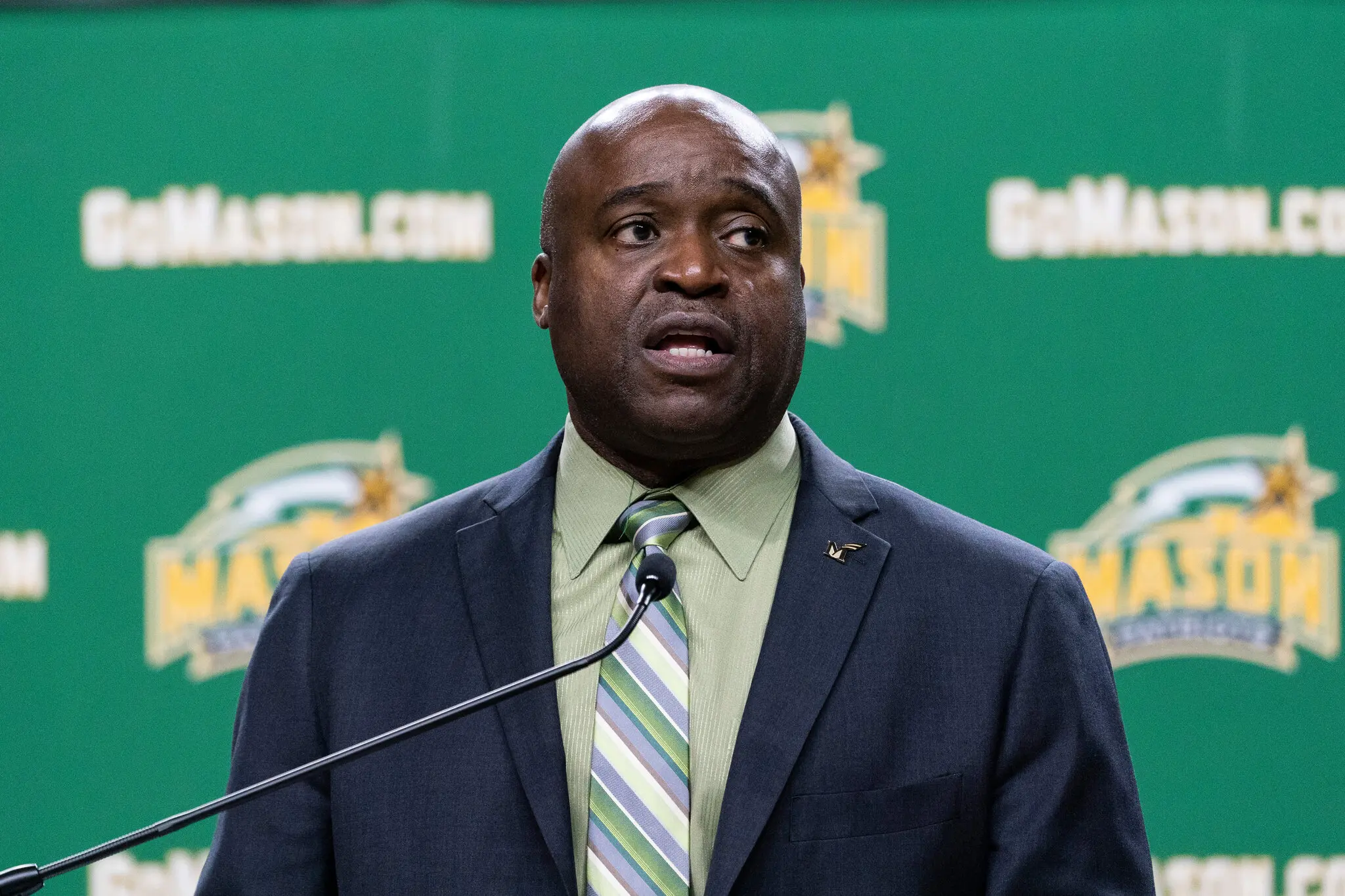Trump Signs Executive Order to Clarify College Athletes' Employment Status Amid NIL Chaos
President Donald Trump has signed an executive order directing federal agencies to clarify the employment status of college athletes, aiming to establish national standards amid the complex and evolving NIL landscape.
President Donald Trump has signed a sweeping executive order aimed at clarifying whether college athletes should be considered employees of their universities. The move comes as the landscape of college sports undergoes rapid changes due to the growing influence of Name, Image, and Likeness (NIL) deals, which have introduced unprecedented financial opportunities for student-athletes. The order directs the Department of Labor and the National Labor Relations Board to review and issue guidance on the employment classification of athletes participating in collegiate sports.
This initiative is intended to create consistency across states and institutions, which currently face a patchwork of regulations. Trump's order also instructs these agencies to assess how such a classification might impact scholarships, team structures, and the broader collegiate athletic system. The decision to take executive action follows months of legal disputes, state-level legislation, and lobbying by athletes, university officials, and sports organizations.
Trump emphasized the importance of preserving the educational value of college sports while ensuring athletes are treated fairly and are protected from exploitation. The executive order does not explicitly declare college athletes to be employees, but instead sets in motion a process to evaluate the issue in depth. As part of the directive, the Justice Department and Federal Trade Commission will also explore measures to protect athletes’ rights and maintain competitive balance within collegiate sports.
The order encourages collaboration with the U. S. Olympic & Paralympic Committee to safeguard non-revenue sports and ensure continued participation in international athletic competitions.
Since the NCAA allowed NIL deals in 2021, college athletes have signed lucrative endorsement contracts, with some reportedly earning millions. However, the new financial environment has also raised concerns about recruiting violations, pay disparities, and the erosion of amateurism. Critics argue that the lack of federal standards has created confusion and fostered an uneven playing field, prompting the need for clear rules and enforcement mechanisms.
Universities and athletic conferences have expressed support for federal intervention, hoping that national guidelines will ease compliance burdens and promote fairness. Meanwhile, some athlete advocacy groups believe that formal employee status would offer better protections, such as the right to unionize and access to healthcare benefits. Opponents caution that such a shift could disrupt the traditional collegiate model and lead to unintended consequences for non-revenue sports.
Title IX compliance, equal treatment across genders, and taxation issues are just some of the complexities under review. The executive order also highlights the role of college athletics in higher education, noting its contributions to leadership development, community engagement, and national pride. Trump described college sports as a uniquely American institution that deserves thoughtful oversight as it evolves.
Legal scholars suggest that the outcome of this process could redefine the relationship between student-athletes and universities, with ripple effects throughout the sports and education sectors. In the weeks ahead, the Department of Labor and the NLRB are expected to conduct consultations with stakeholders, including athletic directors, university presidents, legal experts, and athletes themselves. Their findings will inform any potential legislative or regulatory action.
The timeline for final determinations remains uncertain, but officials indicate that preliminary recommendations could emerge within months. This executive action represents one of the most significant federal efforts to address the NIL era’s challenges since its inception. It underscores the federal government’s growing involvement in collegiate athletics, which have traditionally been governed by the NCAA and state institutions.
The decision marks a turning point in the broader conversation about fairness, compensation, and the future of college sports. Whether this initiative will lead to a reclassification of athletes, new federal legislation, or a reaffirmation of the current system, it sets the stage for transformative change in how student-athletes are viewed and treated under U. S.
law. As the conversation continues to evolve, schools, athletes, and fans alike will be watching closely for the next developments.
28th july 2025



